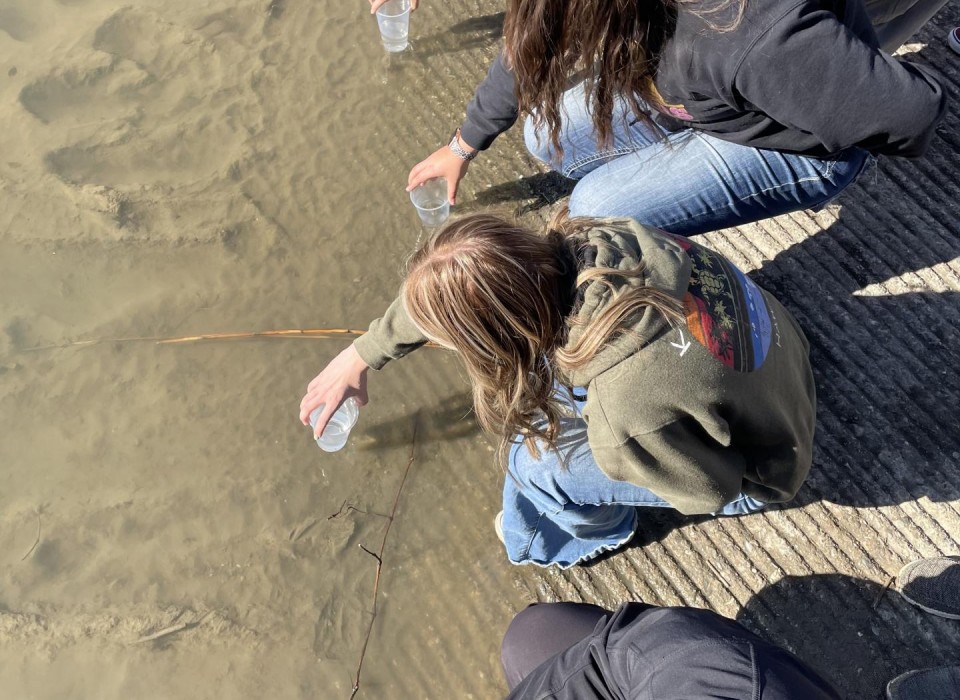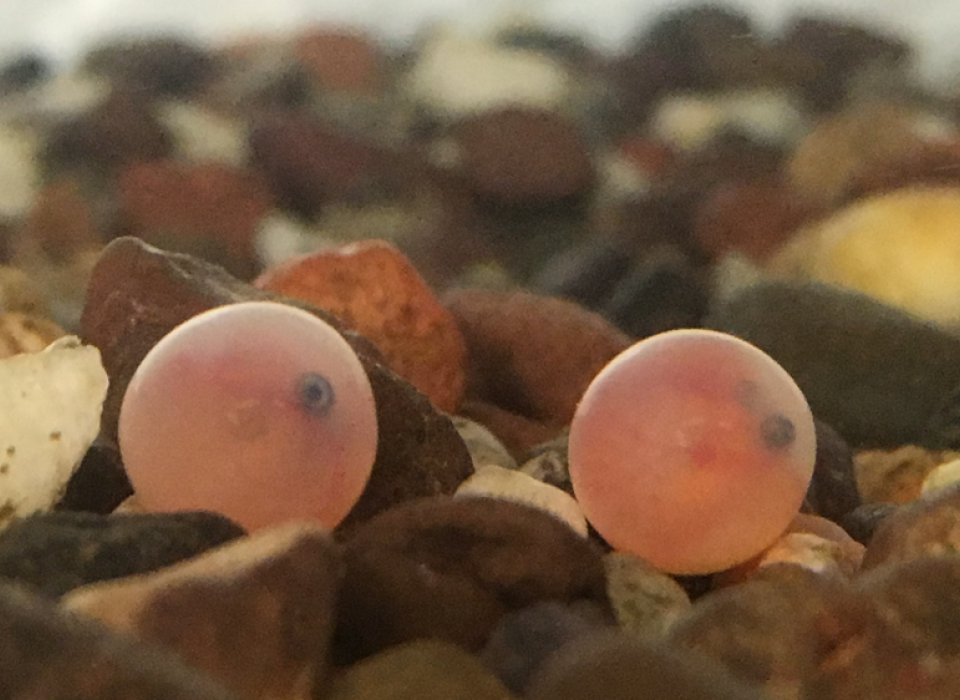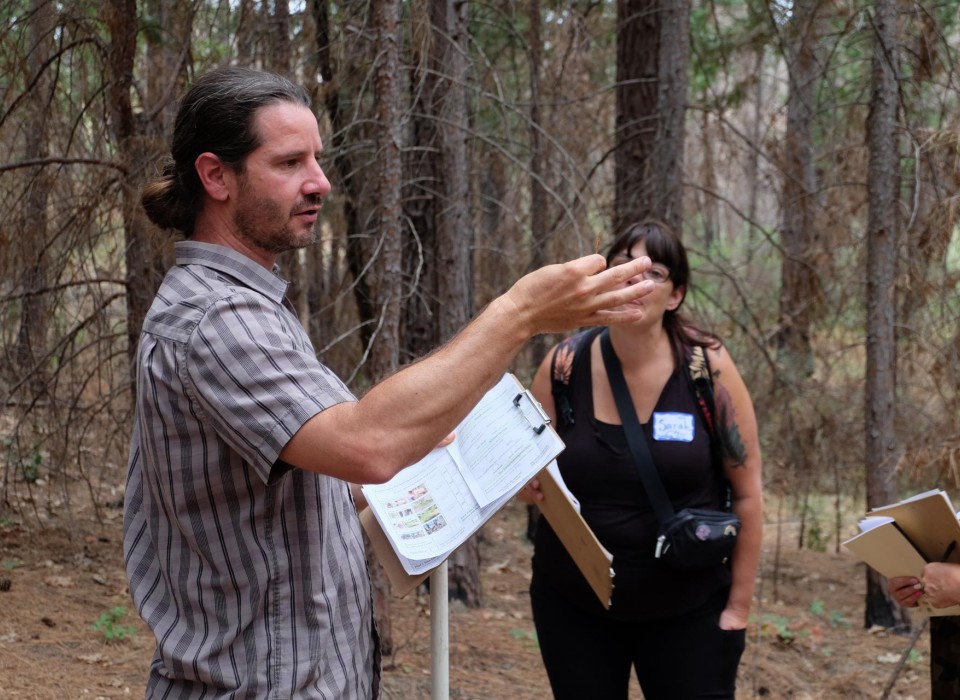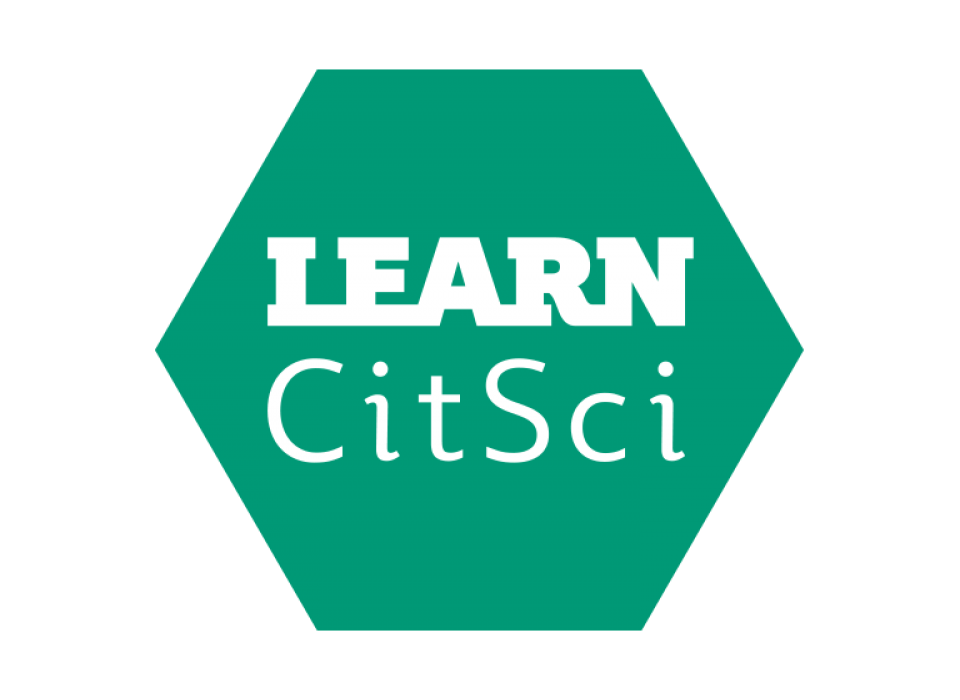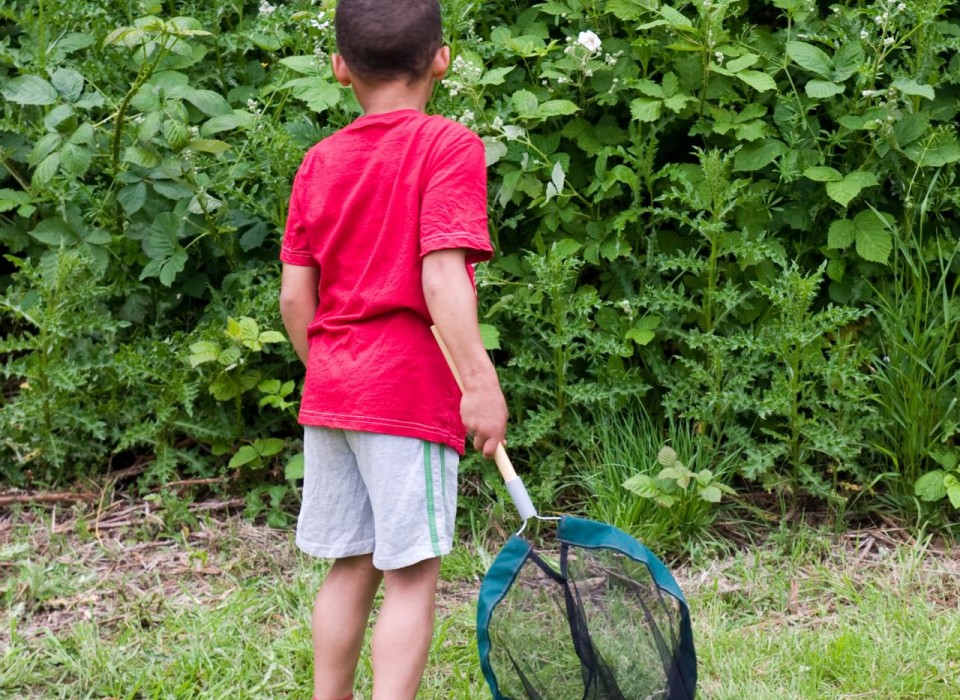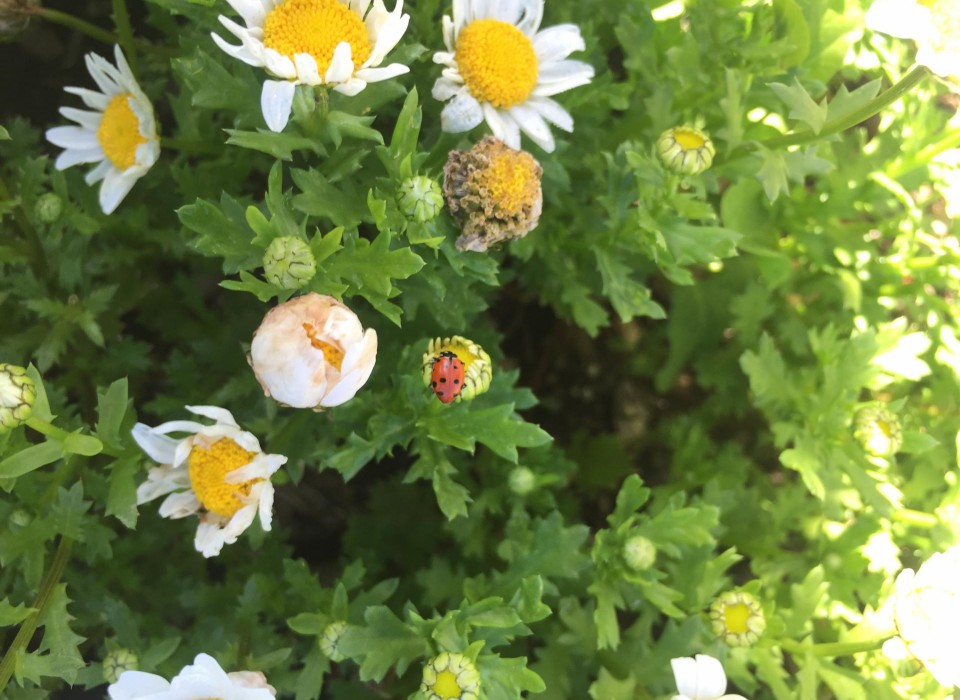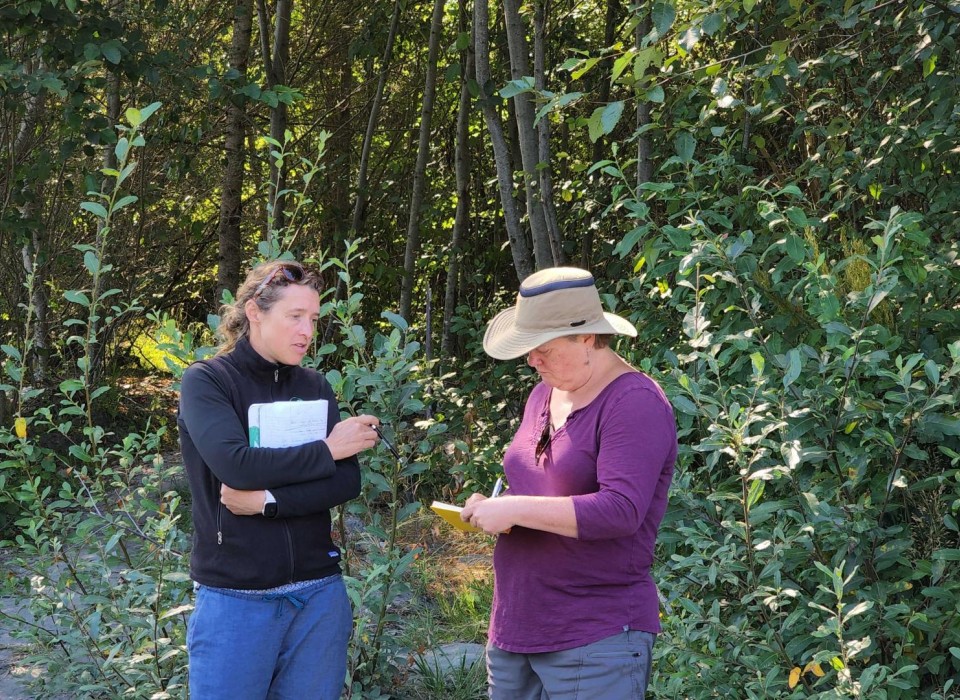CCS Science and Environmental Learning
Resources for Youth-Focused Community and Citizen Science
The YCCS website contains research briefs, case studies, and descriptions of key practices for youth and educators, and example of what those look like in different contexts. These resources serve as the foundation for our work with educators, and ongoing research on science learning. Read More





